Estate Planning FAQs
Estate Planning FAQs
Protecting You & Your Parents
Estate planning is a critical step to ensure your assets are protected, your wishes are honored, and your loved ones are cared for. Whether you’re planning for yourself or helping your parents, here are answers to some common questions to guide you through the process.
1. What is estate planning, and why is it important?
Estate planning is the process of organizing and managing your assets during your lifetime and ensuring they are distributed according to your wishes after your passing. It also includes planning for incapacity, minimizing taxes, and avoiding probate. For your parents, it ensures their wishes are respected and reduces the burden on you as their caregiver or executor.
2. What are the key documents needed for an estate plan?
Here are the essential documents for a comprehensive estate plan:
Will: Outlines how your assets will be distributed and names guardians for minor children.
Revocable Living Trust: Helps avoid probate and provides flexibility in managing assets during your lifetime and after death.
Durable Power of Attorney: Authorizes someone to manage your financial affairs if you become incapacitated.
Advance Healthcare Directive (Living Will): Specifies your medical wishes and appoints someone to make healthcare decisions if you’re unable to do so.
Beneficiary Designations: Ensure retirement accounts, life insurance policies, and other assets are aligned with your estate plan.
For your parents, these documents are equally important, especially if they are aging or have health concerns
3. When should I consider a trust in addition to a will?
A trust can be a valuable addition to your estate plan in several situations:
Avoiding Probate: A trust allows assets to pass directly to beneficiaries without going through probate, which can be time-consuming and costly.
Privacy Concerns: Unlike a will, which becomes public record during probate, a trust operates privately.
Managing Assets for Minor Children or Beneficiaries with Special Needs: A trust can provide structured distributions over time or ensure care for a loved one with disabilities.
Blended Families: A trust can help ensure assets are distributed fairly among children from different marriages.
Incapacity Planning: A trust allows a successor trustee to manage assets if you become incapacitated, avoiding the need for a court-appointed guardian.
Complex or High-Value Estates: Trusts can help minimize estate taxes and provide more control over how and when assets are distributed.
If you’re unsure whether a trust is right for you or your parents, consult an estate planning attorney to evaluate your specific needs.
4. How do I start the conversation with my parents about estate planning?
Approach the topic with empathy and focus on their wishes and well-being. You might say:
“I want to make sure your wishes are respected and that we’re prepared for anything.”
“Have you thought about how you’d like your assets to be handled in the future?”
“Let’s make sure we have the right documents in place to protect you and make things easier for the family.”
5. What if my parents don’t have an estate plan?
If your parents haven’t started their estate plan, encourage them to consult an estate planning attorney. Offer to help them gather important documents, such as:
Property deeds
Bank and investment account information
Insurance policies
Retirement account details
A list of debts and liabilities
6. How often should estate plans be updated?
Estate plans should be reviewed every 3–5 years or after major life events, such as:
Marriage, divorce, or remarriage
Birth or adoption of a child or grandchild
Significant changes in assets or financial status
Changes in tax laws
Death of a beneficiary or executor
For your parents, regular updates are especially important as they age or experience health changes.
7. What happens if someone dies without an estate plan?
If someone dies without a will or estate plan, their assets are distributed according to state intestacy laws, which may not align with their wishes. This process can also be time-consuming, expensive, and stressful for loved ones.
8. How can I protect my parents’ assets from long-term care costs?
Consider discussing strategies like:
Medicaid Planning: Helps qualify for Medicaid while preserving assets.
Long-Term Care Insurance: Covers the cost of nursing homes or in-home care.
Irrevocable Trusts: Protects assets from being counted for Medicaid eligibility.
An estate planning attorney can help you explore the best options for your family’s situation.
9. What role does an executor or trustee play?
An executor (for a will) or trustee (for a trust) is responsible for managing and distributing assets according to the estate plan. It’s important to choose someone who is trustworthy, organized, and capable of handling financial matters.
10. How can The Ruffin Firm help, and what’s the first step to getting started?
At The Ruffin Firm, we specialize in creating personalized estate plans that protect your legacy and provide peace of mind. Whether you’re planning for yourself or your parents, we’ll guide you through every step, from drafting documents to implementing strategies that meet your goals.
Ready to Start Your Estate Plan?
Or, give us a call at 470.344.5943 to schedule a consultation today!


